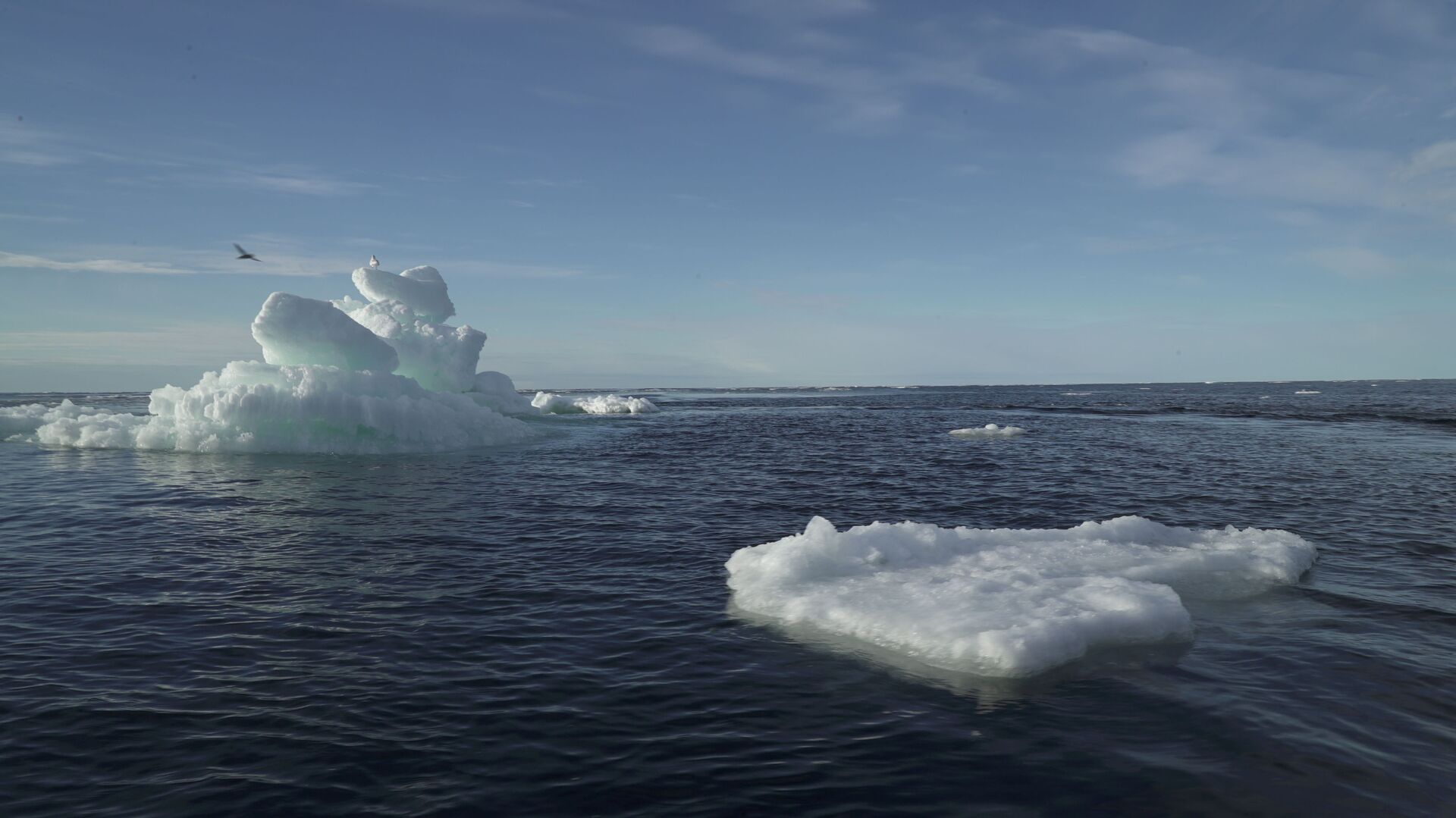https://sputnikglobe.com/20211125/us-seeks-to-plug-arctic-gap-in-gps-with-new-system-using-cosmic-rays---navy-1091003376.html
US Seeks to Plug Arctic Gap in GPS With New System Using Cosmic Rays - Navy
US Seeks to Plug Arctic Gap in GPS With New System Using Cosmic Rays - Navy
Sputnik International
WASHINGTON (Sputnik) - Scientists from four nations are attempting to develop a new navigation system, as accurate as the global positioning system (GPS), that... 25.11.2021, Sputnik International
2021-11-25T03:49+0000
2021-11-25T03:49+0000
2022-08-06T13:26+0000
arctic
climate change
gps
navy
us
https://cdn1.img.sputnikglobe.com/img/07e4/0a/1b/1080895893_0:0:3641:2048_1920x0_80_0_0_965bc1add2ebe5257b7c4a4791e9d327.jpg
“A team composed of researchers from Japan, UK, US and Finland… will be using a natural source of radiation called cosmic ray muons as an alternative to the satellite-derived GPS signals,” the Office of Naval Research said in a press release.The team won a recent contest calling for international projects to address capability gaps in GPS coverage in polar regions. The competition was jointly sponsored by the Office of Naval Research and the US Army Development Command, the release said.After initially testing the system in a large water-immersion tank in the United Kingdom, the project will move to Finland to deploy into an Arctic lake that is covered by one meter of ice, the release said.Muons are subatomic particles able to pass through rock, buildings, earth and under water - areas where GPS communications cannot be received, the release added.While the release focused on potential scientific applications in underwater environments, tunnels and other underground settings, it made no mention of the obvious military implications of a navigation system in a future conflict, in which adversaries could attempt to disable existing GPS satellites.
Sputnik International
feedback@sputniknews.com
+74956456601
MIA „Rossiya Segodnya“
2021
Sputnik International
feedback@sputniknews.com
+74956456601
MIA „Rossiya Segodnya“
News
en_EN
Sputnik International
feedback@sputniknews.com
+74956456601
MIA „Rossiya Segodnya“
Sputnik International
feedback@sputniknews.com
+74956456601
MIA „Rossiya Segodnya“
arctic, climate change, gps, navy, us
arctic, climate change, gps, navy, us
US Seeks to Plug Arctic Gap in GPS With New System Using Cosmic Rays - Navy
03:49 GMT 25.11.2021 (Updated: 13:26 GMT 06.08.2022) WASHINGTON (Sputnik) - Scientists from four nations are attempting to develop a new navigation system, as accurate as the global positioning system (GPS), that uses radiation from outer space instead of satellites, the Office of Naval Research said on Wednesday.
“A team composed of researchers from Japan, UK, US and Finland… will be using a natural source of radiation called cosmic ray muons as an alternative to the satellite-derived GPS signals,” the Office of Naval Research said in a press release.
The team won a recent contest calling for international projects to address capability gaps in GPS coverage in polar regions. The competition was jointly sponsored by the Office of Naval Research and the US Army Development Command, the release said.
“The ability to navigate in Polar Regions will be of increasing importance in the coming decades as climate change is opening up Arctic waterways to commercial and military activities,” team leader Chris Steer said in the release.
After initially testing the system in a large water-immersion tank in the United Kingdom, the project will move to Finland to deploy into an Arctic lake that is covered by one meter of ice, the release said.
Muons are subatomic particles able to pass through rock, buildings, earth and under water - areas where GPS communications cannot be received, the release added.
While the release focused on potential scientific applications in underwater environments, tunnels and other underground settings, it made no mention of the obvious military implications of a navigation system in a future conflict, in which adversaries could attempt to disable existing GPS satellites.

